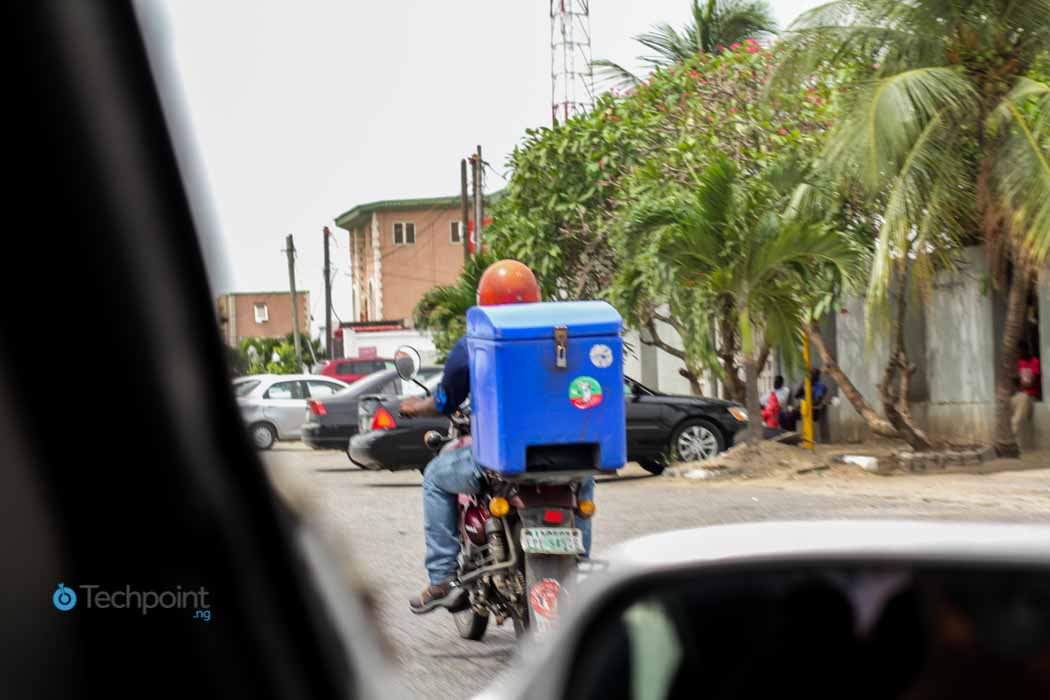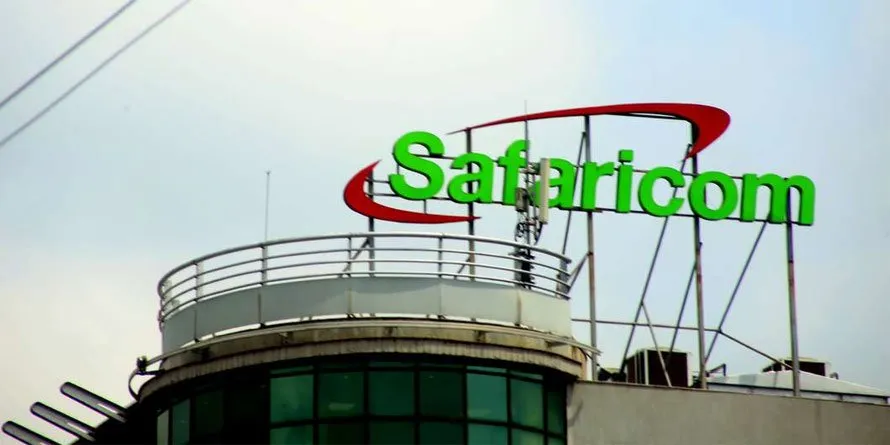It appears the Nigerian Communications Commission (NCC) is not on the same path with the Nigerian National Broadband Plan towards driving Internet penetration in the country.
Earlier in the year, NCC licensed two additional Infrastructure Companies (InfraCos) towards deepening broadband penetration. And according to Vanguard, NCC’s Executive Vice Chairman, Umar Danbatta urged the InfraCos to rollout within a year or risk licence withdrawal.
This can be considered as a move by the telecom industry regulator to ensure that the licenced companies make judicious use of the licence, but NCC's stand on the mandatory infrastructure rollout doesn't consider the reality of the Nigerian market as well as the activities of the government at various levels.
Speaking during a media interactive session recently, NCC boss, Danbatta revealed that the delay in signing the subsidy agreement with the government is the reason why licensed InfraCos are not rolling out services.
At this point, what's the basis for the regulator's deadline for service rollout when there are hurdles that the InfraCos have to contend with?
There are other challenges facing the industry which are not being addressed, one of which is the Right of Way (RoW) charges. New Telegraph reported that InfraCos are to pay ₦600 billion as RoW charges to 36 states of the Federation.
And NCC claimed that some states charge as high as ₦25,000 per meter of fiber as against ₦145 as recommended by the National Economic Council in 2013.
Currently at about 38,000 kilometres of fibre, the country needs 120,000 kilometres to achieve a nationwide spread of broadband and a threat of licence withdrawal is definitely not the best approach.
NCC has the right to withdraw the licence of underperforming InfraCo but it should also address the challenges of the industry. And these challenges, if left unattended to, will affect the nation's broadband penetration target.

Be the smartest in the room
Give it a try, you can unsubscribe anytime. Privacy Policy.





















